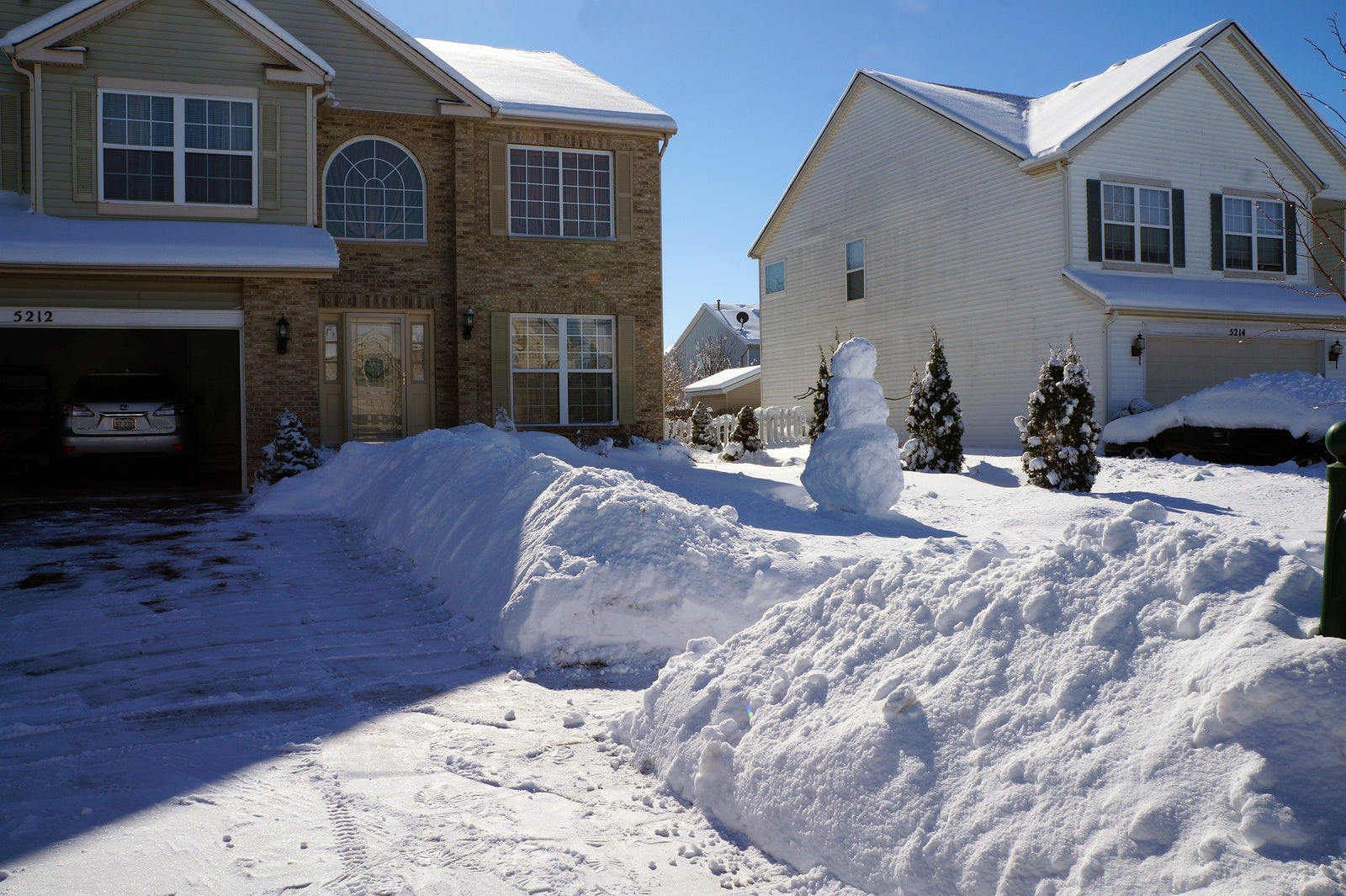Power outages are an inconvenience at any time of year, but when combined with bitterly cold outdoor temperatures and/or a winter snow storm, the inconvenience can become a danger. Preparing for a wintertime blackout — stocking up on non-perishable foods, bottled water, warm blankets and clothes, a first aid kit, and a battery-run radio — is key. But what do you do once the outage actually arrives.
Below, are some basic tips on how to stay safe during a winter power outage:
1. Stay informed
Use your battery-operated emergency radio to keep current on weather updates, or if your phone battery is still powered up and you can connect to the internet, check online. Otherwise, check with neighbors, if possible. You may be dealing with a rolling blackout that will last a couple hours or less, a localized weather event, or a regional, days-long blizzard. If the local radio and/or news websites don’t have any reports of power outages — and if you see that your neighbor’s lights are still on — it could be that the circuit breakers popped in your electric box. Be sure to check every possibility.
2. Stay inside and stay warm
If you lose heating for your home or building, dress in warm, layered clothing as if you were going outside (but stay indoors out of the wind and snow). Put on gloves and a warm hat, and wear a sweater under your winter coat. Keep blankets and pillows on or pile them near couches and chairs so it’s easy to bundle up as needed. Hypothermia is a very real danger (even inside the house) during a winter power outage, so take all possible precautions.
3. Take a hot shower while you still can
Even if you have an electric water heater, the tank water will remain hot (or at least warm) for several hours after the outage begins. Take advantage of this fact and get in a hot shower to warm up and refresh your body before beginning a potentially long ordeal. Just make sure to dry off thoroughly afterwards, as excess moisture can lower body temperature.
4. Manage your fridge and freezer
If the outage is expected to last only a few hours, try not to open the freezer/fridge door so that the food inside remains cold for as long as possible. However, if you know you’re going to be without power for a day or more, transfer food to coolers and fill them with snow, or simply cook and eat as much food as you can before it spoils. Minimizing food waste is a concern, but don't eat anything that may have gone bad; your health is of much greater value than a freezer full of food.
5. Unplug your appliances
If you leave large appliances and electronic equipment plugged in, and the power suddenly returns, the power surge can damage your equipment, especially computers. Unplug your computers and electronics and as many major appliances as you can until after the outage is over. Conversely, use power bars with surge protectors: these can be purchased at most electronics stores.
6. Keep generators off-grid
While an emergency generator is great to have during a power outage, never connect it to your home's power grid. Doing so could make the power lines near your home unsafe for electric company employees to work on.
7. Check your carbon dioxide/monoxide alarms
Risk of fire and carbon monoxide poisoning are higher during winter outages, so double-check that your alarms are working and have good batteries. And never use a heater designed for outdoor use inside during an outage; doing so could bring carbon monoxide into your home.
8. Check up on elderly neighbors
Knock on your neighbors' door to see how they’re faring, especially if your neighbors are elderly, disabled, or have a health condition.
9. Watch out for fallen power lines
If you have to go outside for any reason, make the trip short and for a specific purpose. Keep your eyes open for downed power lines, and if you see one, stay far away from it. Make sure to call 911 and/or your electric company so they can seal off the area and fix the power line as soon as possible.
10. Watch for powerless traffic lights
If you must drive your car during the outage/storm, don't assume that traffic lights are functional. Outages can sometimes knock out traffic signals as well, and if this has happened, treat that intersection like a four-way stop.
Follow the tips above to keep yourself, your family, and your neighborhood safe during a winter power outage. Knowing what to do ahead of time before a winter power outage strikes will greatly increase your own safety and help you watch out for the safety of others.
